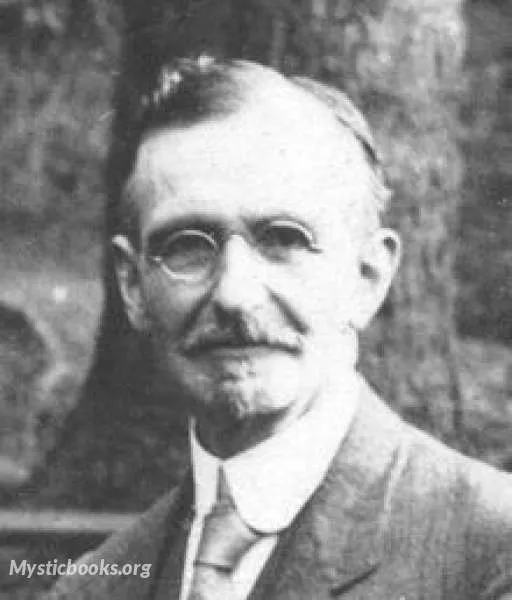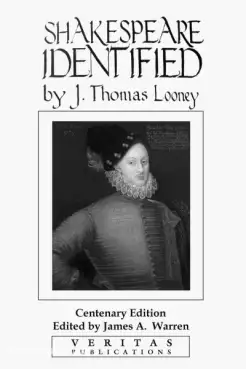
Timeline
Title
Country/Nationality
Thomas Looney
John Thomas Looney was an English school teacher who is notable for having originated the Oxfordian theory, which claims that Edward de Vere, 17th Earl of Oxford (1550–1604) was the true author of Shakespeare's plays.
Looney came from a Methodist religious background, but later converted to the rationalistic Religion of Humanity, becoming a leader of its church in Tyneside. After the failure of the local church, Looney turned to the Shakespeare authorship question, publishing in 1920 his theory that de Vere was the author of most of the poems and plays published in Shakespeare's name. He later argued that de Vere had also written works published under the names of other poets.
Looney was born in South Shields to John Thomas and Annie Looney. His father had a shoe-making shop at 91 West Holborn in the centre of the town. Both his parents were Methodists. His family came from the Isle of Man and claimed descent from the Earls of Derby. He grew up in a strong evangelical environment, and determined to become a minister at the age of 16. While studying at the Chester Diocesan College, he lost his faith. He later embraced the theories of the positivist philosopher Auguste Comte, becoming a proponent of the Comtean "Religion of Humanity" and a leader in the short-lived Church of Humanity, an independent British branch of the religion, in which he pioneered outdoor preaching. The Church of Humanity gave special prominence to Shakespeare, naming a month after him in the Positivist calendar, and placing a bust of him in its place of worship.
Looney worked as a school teacher in Gateshead. He is listed in Ward's Directory for 1899–1900 as a teacher living at 119 Rodsley Avenue, Gateshead. He later resided at 15 Laburnum Gardens, Low Fell.
After the failure of the Comtean church, Looney devoted himself to research into the authorship of Shakespeare's plays. He developed his theory during World War I, depositing his claim to priority in a sealed document at the British Museum in 1918. In 1920 he published his work, whose short title is Shakespeare Identified, through Cecil Palmer in London. Looney, who resisted his publisher's suggestion that he use a pseudonym, argued that the real author of Shakespeare's plays was Edward de Vere, Earl of Oxford, who fitted Looney's deductions that Shakespeare was, among much else, a nobleman of Lancastrian sympathies, with a fondness for Italy and a leaning towards Catholicism. Looney believed his argument followed the systematic methods prescribed by Positivism.
In 1922 he joined with George Greenwood to establish The Shakespeare Fellowship, the organisation which subsequently carried forward public discussion of the authorship question up to the 1940s. Looney acquired a number of followers and supporters, most notably Sigmund Freud, who read Looney's book in 1923. Even at the end of his life, in 1939, Freud repeats his view in the final revision of An Outline of Psychoanalysis.
Two of his followers, Percy Allen and B. M. Ward, developed the Prince Tudor theory, which claimed that Oxford and Queen Elizabeth I were lovers and had a son together. Looney was strongly opposed to the theory, writing that it was "extravagant & improbable" and "likely to bring the whole cause into ridicule."
Looney was a member of the Literary and Philosophical Society of Newcastle upon Tyne after 1911 and paid handsome tribute to the library; its unique system of operation, he said, "ensured an ease and rapidity of work which would be impossible in any other institution in the country". Looney presented the "Lit and Phil" with his edition of Edward de Vere's poems in December 1927.
He died at Swadlincote, near Burton-on-Trent, where he lodged after being forced to abandon his home in Gateshead because of the heavy German bombing of the area. He was survived by his daughters Evelyn and Gladys. Evelyn had a son who was given the middle name of De Vere.
Books by Thomas Looney

Shakespeare Identified
That one who is not a recognized authority or an expert in literature should attempt the solution of a problem which has so far baffled specialists must doubtless appear to many as a glaring act of over- boldness; whilst to pretend to have actually s...